
Hormone therapy refers to the usage and manipulation of hormones to treat certain medical conditions. This form of treatment introduces, suppresses, or substitutes natural hormones in a patient’s body to help regulate their body functions.
The origins of hormone therapy trace back to the late 19th century. In its early stages, hormone therapy was used primarily to alleviate symptoms associated with the menopause in women. However, as science and research progressed, its applications have expanded to include a wide range of health conditions.
The Different Types of Hormone Therapy
There are several types of hormone therapy, each of which serves distinct purposes. The four primary ones include Estrogen, Progesterone, Testosterone, and Thyroid hormone therapy.
Estrogen therapy is often used to manage menopause symptoms in women by replacing the declining estrogen levels. Progesterone therapy, on the other hand, is utilized in conjunction with estrogen therapy to protect the uterus from potential risks.
Testosterone therapy assists in addressing symptoms of low testosterone levels in men, such as fatigue, depression, and sexual dysfunction. Finally, thyroid hormone therapy comes into play when a person’s thyroid gland is unable to produce sufficient hormones, consequently leading to various disorders that this therapy helps to alleviate.
Applications of Hormone Therapy
Hormone therapy has a myriad of applications, from managing menopause symptoms to treating specific types of cancer. It is also used to facilitate gender transition in transgender individuals and treat growth and development disorders in children and adolescents.
In menopause management, hormone therapy can significantly reduce symptoms such as hot flashes and prevent osteoporosis. As for cancer treatment, it can slow or stop the growth of certain cancers that rely on hormones to grow.
Transgender individuals also benefit from hormone therapy to help them acquire physical traits that align more closely with their gender identity. Lastly, it plays a crucial role in treating growth and development disorders in children and adolescents by providing the necessary hormones for normal growth and development.
The Procedure and Process of Hormone Therapy
The process of hormone therapy begins with an assessment of the patient’s eligibility. Several factors, including age, overall health status, family history, and the specific medical condition, are taken into account.
Once eligibility is confirmed, thorough pre-therapy tests and diagnosis are conducted to understand the patient’s specific hormone requirement. These tests typically include blood tests, imaging scans, and, occasionally, biopsies.
The administration of hormone therapy depends on the type of therapy and the specific medical condition. It can be delivered through various methods, including oral medications, injections, skin patches, and implants. Following therapy, regular monitoring and follow-ups are crucial to assess the therapy’s effectiveness and manage any potential side effects.
Get to know us better
If you are reading this, you are in the right place – we do not care who you are and what you do, press the button and follow discussions live

The Benefits and Risks of Hormone Therapy
Hormone therapy offers numerous benefits, such as relieving symptoms related to hormonal imbalance, slowing down cancerous growth, assisting in gender transition, and aiding normal growth and development. However, it is not devoid of risks and side effects.
Potential side effects vary depending on the specific hormone therapy, but can include weight gain, mood changes, nausea, and an elevated risk of certain diseases, such as blood clots and breast cancer. Therefore, it’s essential to discuss these potential risks and benefits with your healthcare provider to make an informed decision.
Real-Life Experiences with Hormone Therapy
The practical experiences with hormone therapy greatly vary as it depends on individual cases and their respective hormone requirements. Case studies and personal testimonials have shown the significant change hormone therapy can bring in individuals, particularly in menopausal women, cancer patients, transgender individuals, and those with growth disorders.
Healthcare experts generally recommend hormone therapy when the potential benefits outweigh the risks. However, they emphasize the importance of careful monitoring and follow-up throughout the therapy.
Conclusion
Hormone therapy, undeniably, has a significant role in the healthcare industry. Whether it’s managing menopause symptoms, treating hormone-reliant cancers, facilitating gender transitions, or treating growth disorders, hormone therapy proves to be a versatile medical approach.
However, it is of utmost importance to remember that hormone therapy should be individualized, considering the person’s unique condition, benefits, and potential risks. A candid discussion with a healthcare expert is always paramount to accurately assess the applicability and appropriateness of this therapy.
FAQs
- What is hormone therapy exactly?
Hormone therapy is a treatment that involves the manipulation of hormone levels in the body to treat certain medical conditions.
- Who is a suitable candidate for hormone therapy?
Suitability for hormone therapy depends on several factors, including age, overall health status, family history, and the condition to be treated.
- What kinds of conditions can hormone therapy treat?
Hormone therapy can treat several conditions, including menopause symptoms, certain types of cancer, gender transition, and growth and development disorders.
- Are there any potential side effects of hormone therapy?
Yes, potential side effects include weight gain, mood changes, nausea, and increased risk of certain diseases, such as blood clots and breast cancer.
- How long does a course of hormone therapy typically last?
The duration of hormone therapy varies depending on the individual and the condition being treated. It can range from a few months to several years.







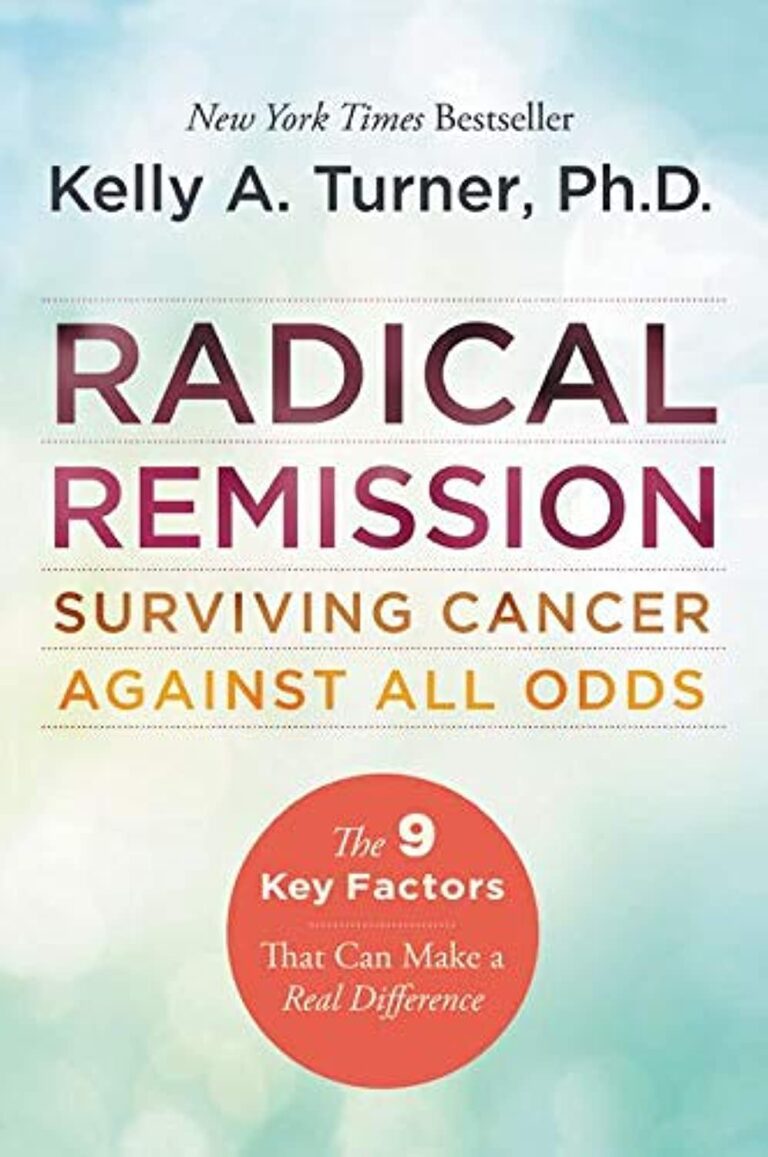
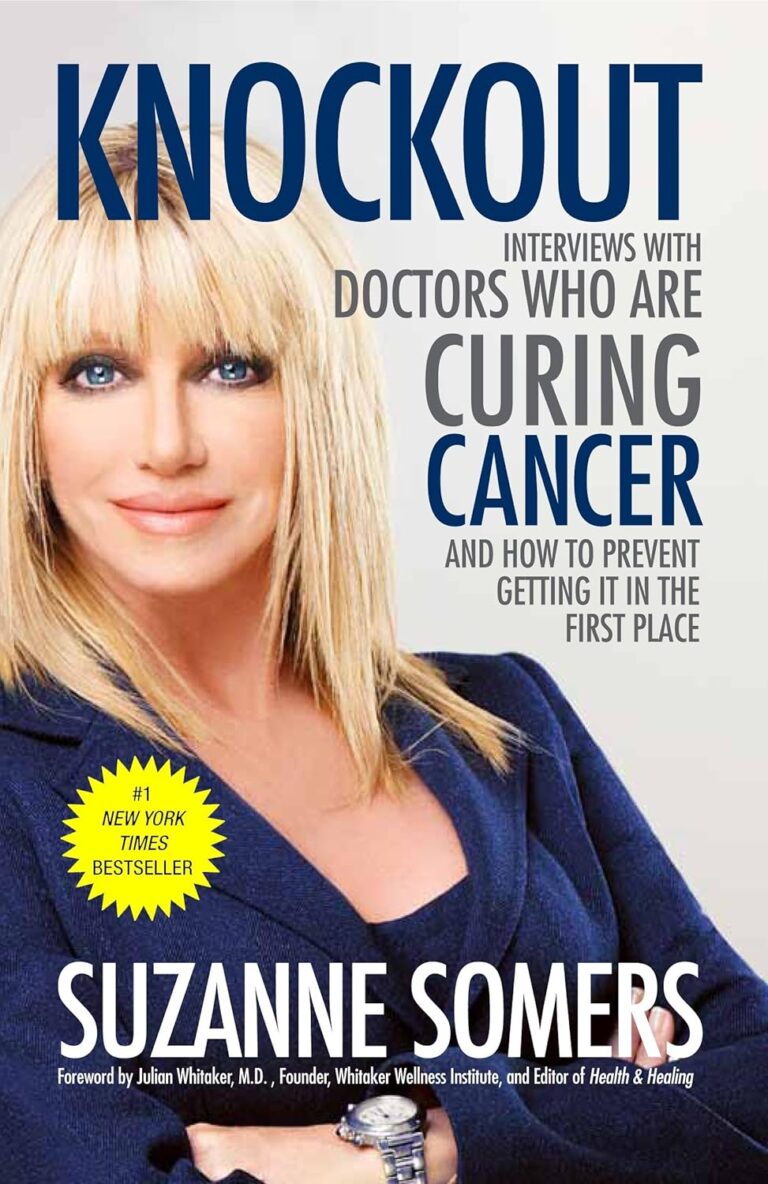


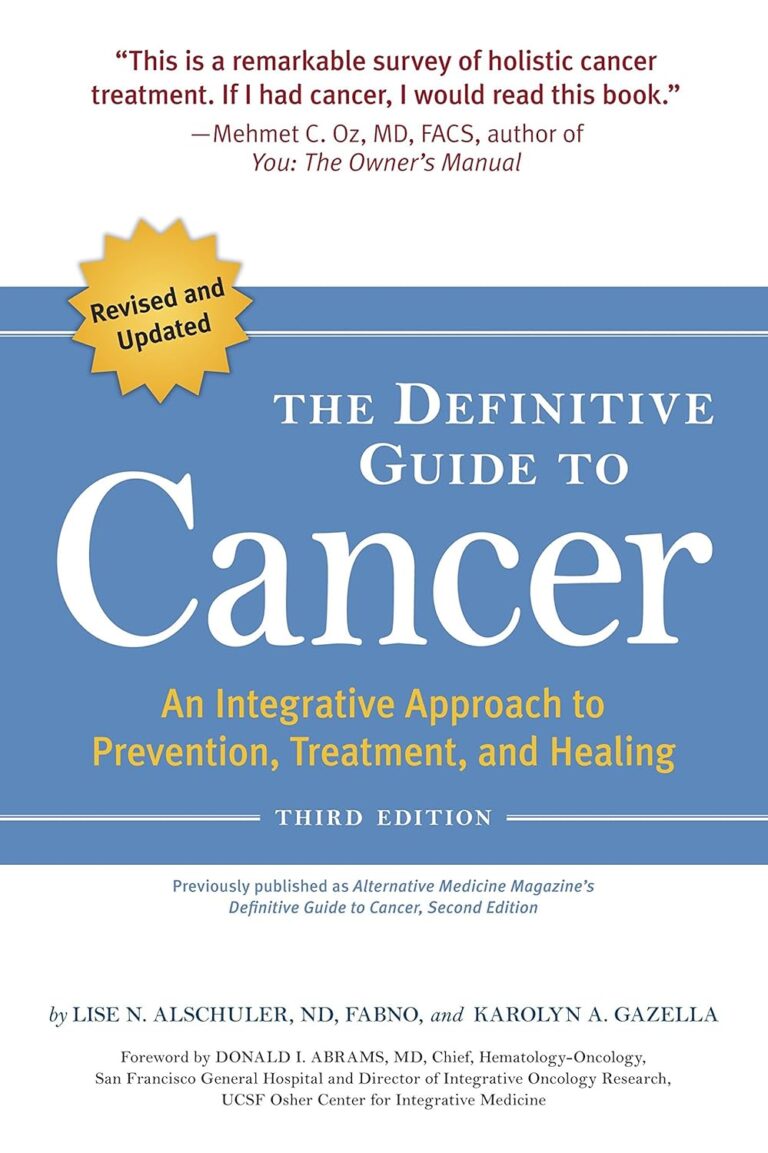
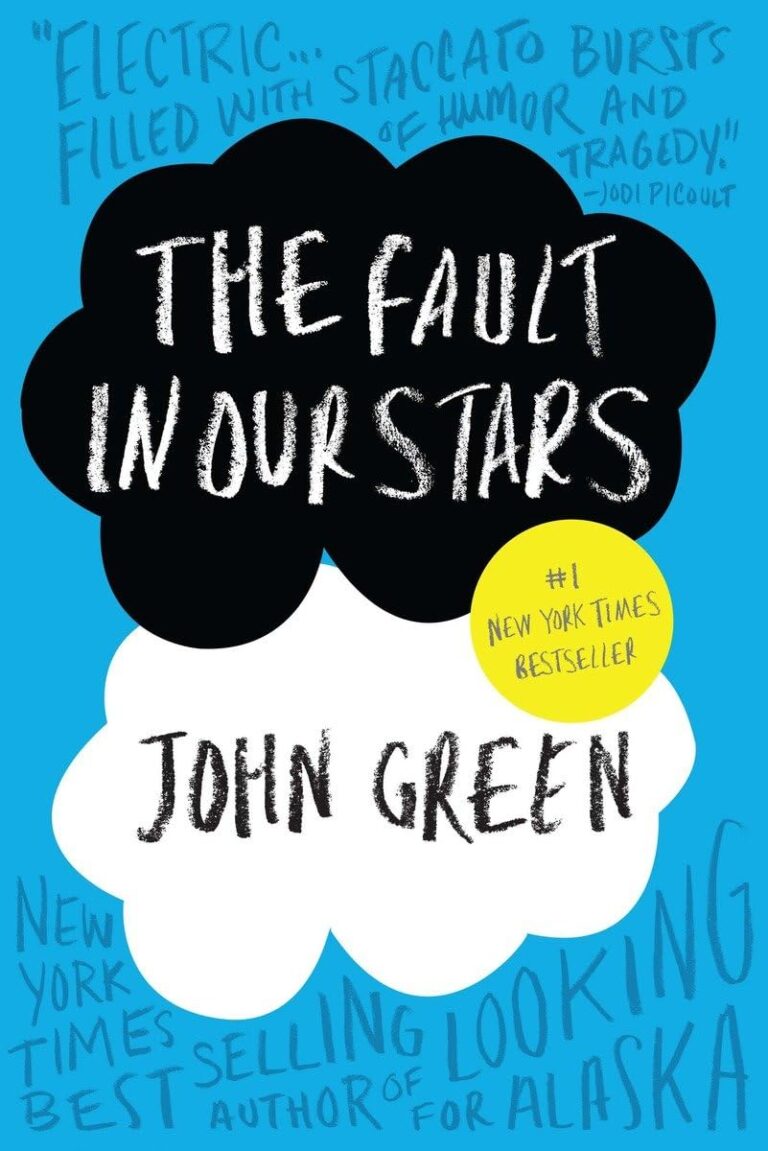
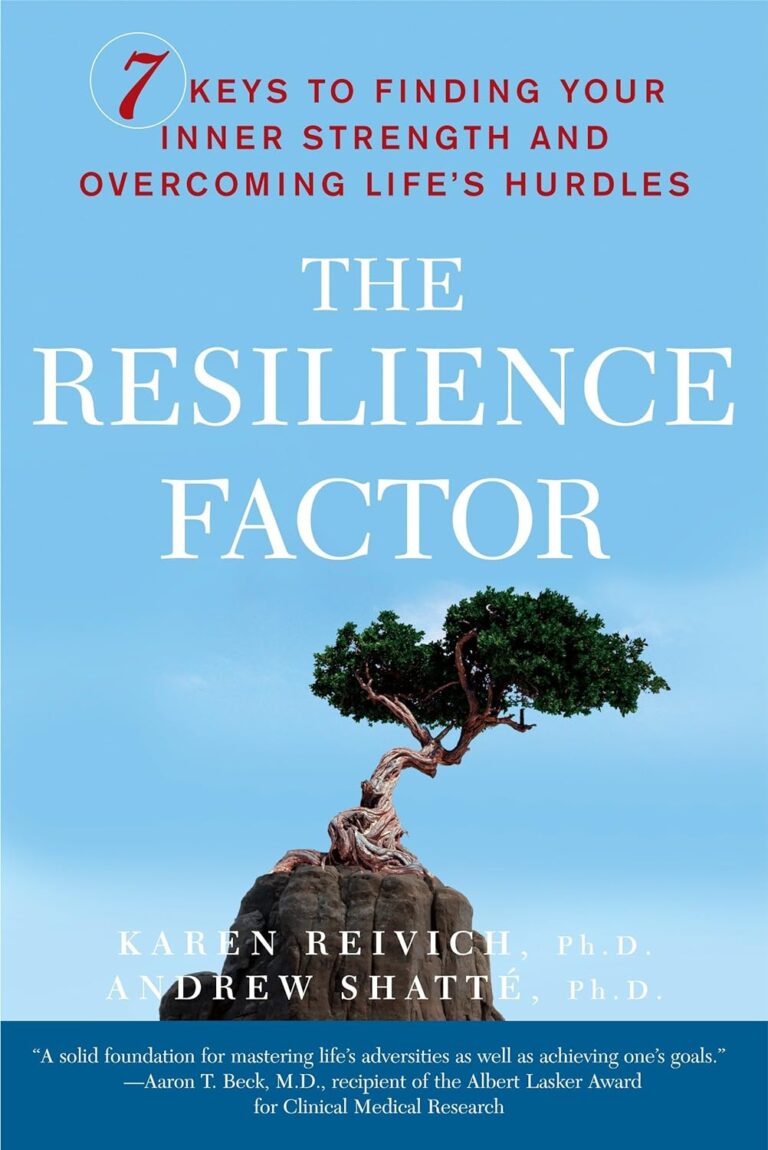

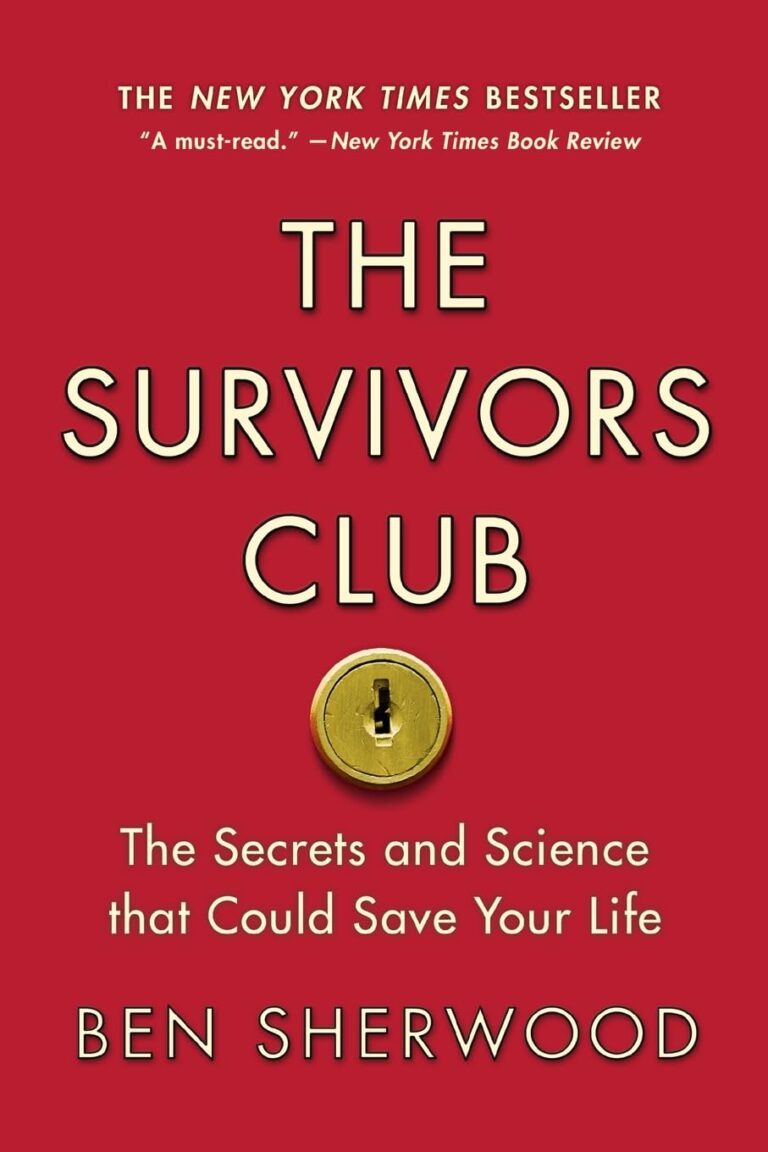

Comments
Thank you. Comment sent for approval.
Something is wrong, try again later